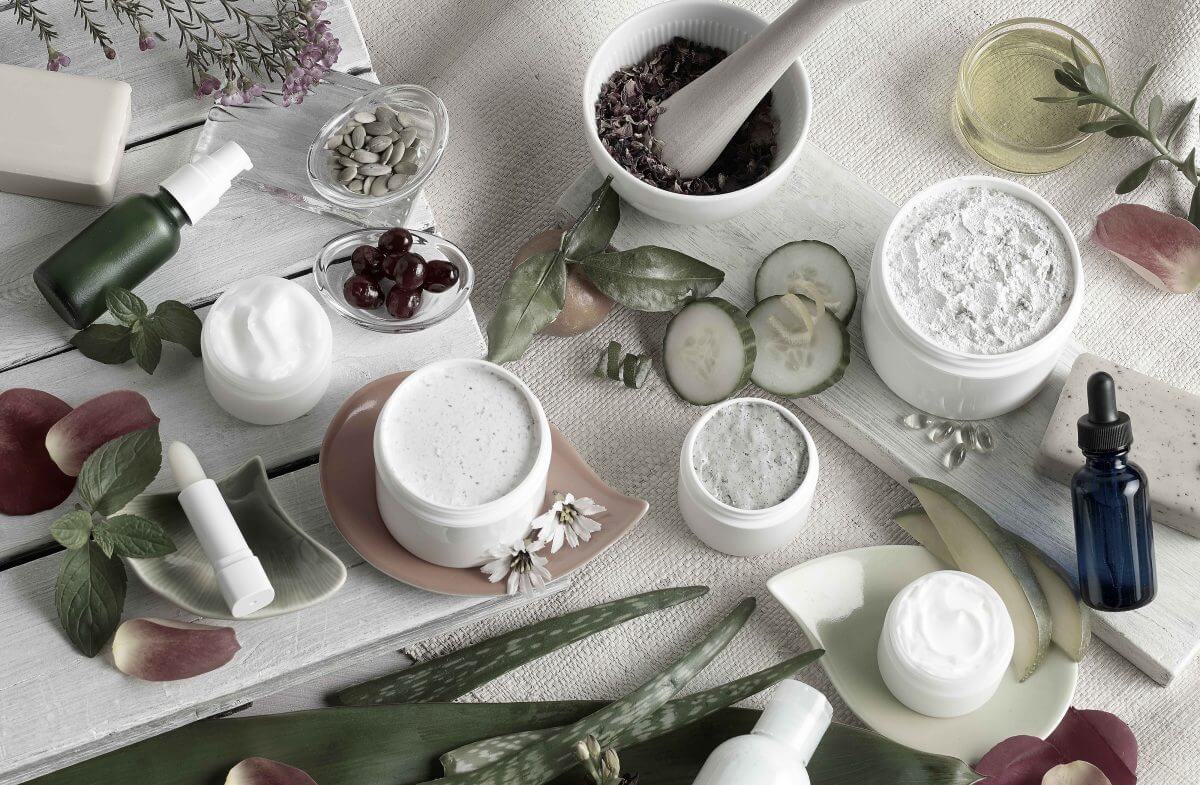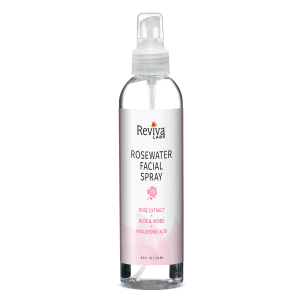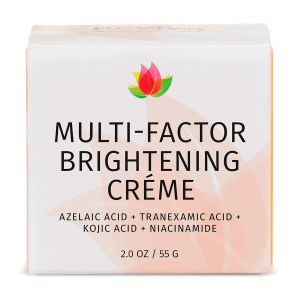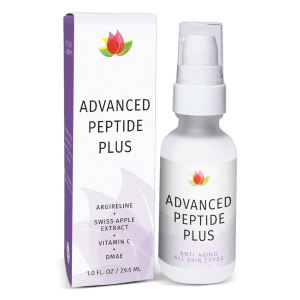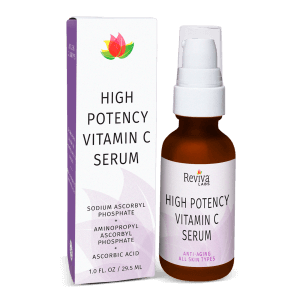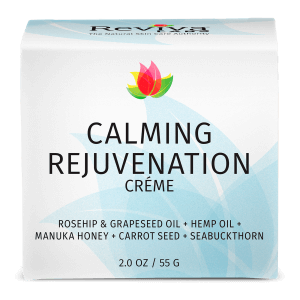Hydrolyzed Collagen
Hydrolyzed Collagen is created by breaking down animal or fish collagen into small parts through acid, enzyme, or other hydrolysis process. This is done to produce a large number of hydroxyproline residues. This chopped up form of the large protein molecule is generally derived from fish or bovine sources, and it serves as a great moisturizer and humectant that helps the skin to maintain a certain amount of water.
To gain a better understanding of what hydrolyzed collagen is, it is important to remember that proteins are made up of a string of amino acids joined together by peptide bonds. By adding a water molecule, these bonds can be broken and the result is a mix of smaller peptides. Therefore, hydrolyzed collagen is not the same as collagen, but rather a combination of larger peptides. According to the manufacturer’s data, the complete, soluble collagen has an average molecular weight of 300,000 Da, while this mix of chopped up substances has an average molecular weight of 12,000 Da, which is still quite big.
« Back to Glossary Index


